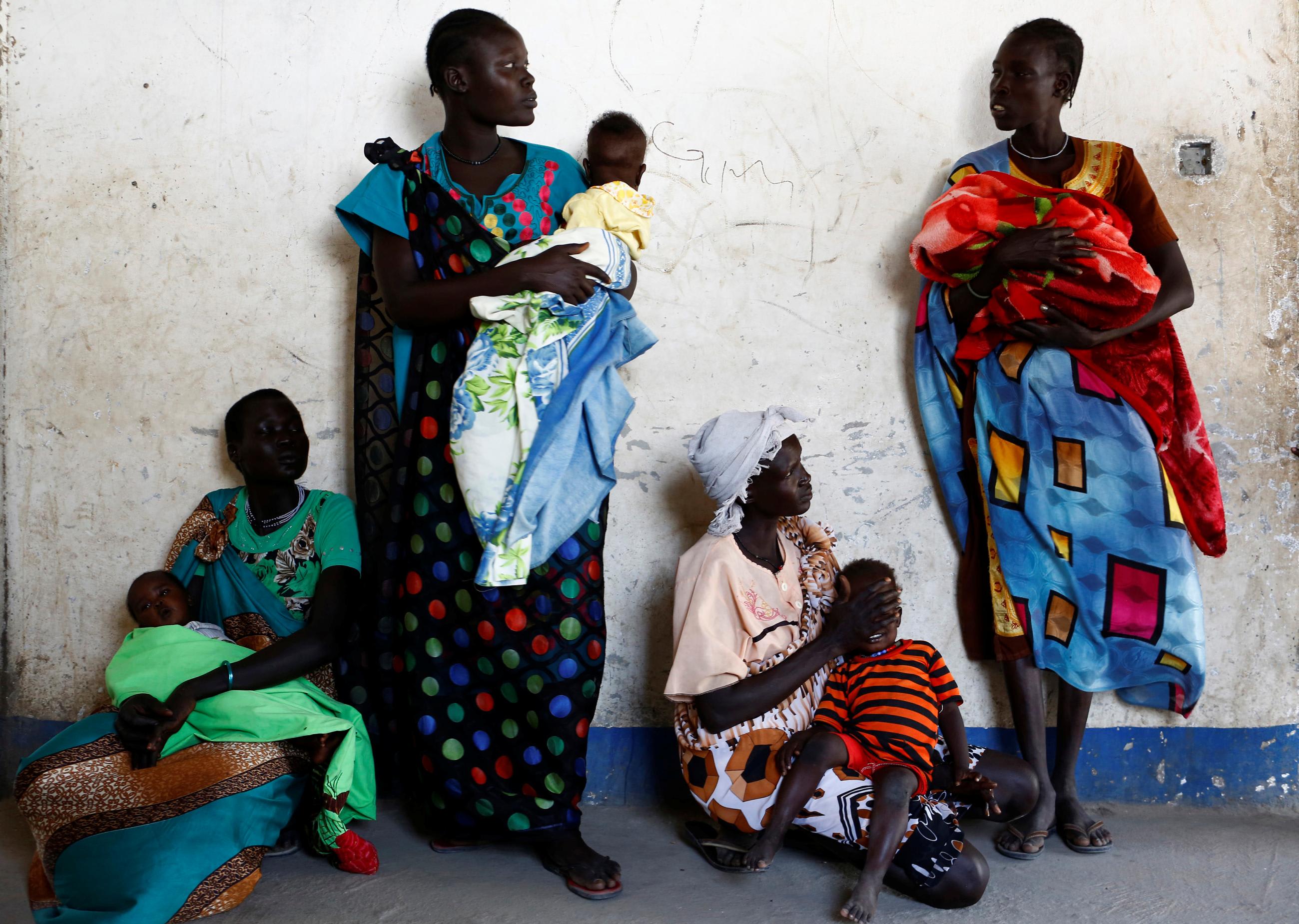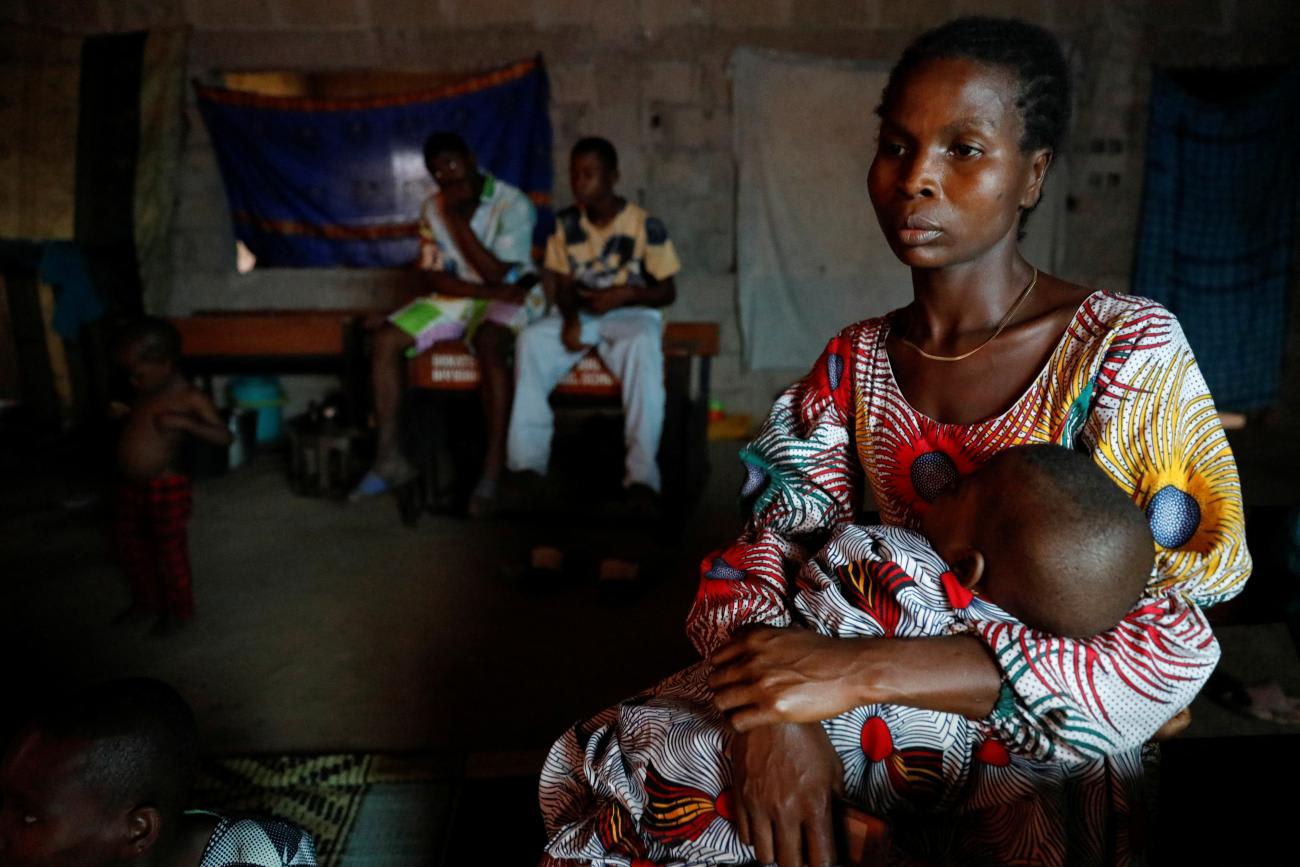Over the past fifty years, Africa has made tremendous progress keeping babies alive—but progress has slowed. In 2022, for every thousand newborns in Africa, seventy-two died in their first year, a rate twenty times higher than for a baby born in Europe. African governments and global health organizations have largely neglected a proven approach to preventing these deaths: making hospitals cleaner and safer.
Improvement has been tremendous in other dimensions of care. Services for pregnant and birthing women have been expanded and improved. Maternal mortality has fallen dramatically. Water, sanitation, hygiene, and nutritional programs have reduced infections. Expanded immunization services have driven down community transmission of infectious diseases and protected pregnant women and newborns. Access to health care is expanding toward the goal of availability to all.
Governments and global health organizations continue investing in these programs with a track record of success. Why then are newborns still dying at an alarming rate? We are investing too little in ensuring that this health care is delivered safely.
In 2022, for every thousand newborns in Africa, seventy-two died in their first year, a rate twenty times higher than for a baby born in Europe
Over the past few decades, governments have strongly encouraged women to deliver in hospitals rather than in their homes, so that emergency services can be on hand if they bleed after pregnancy, a leading cause of death during childbirth. Although these efforts have significantly reduced deaths of mothers, they have brought mothers and their babies into health-care facilities that are not always well equipped to prevent the spread of infectious diseases.
Hospitals are not inherently (or naturally) sanitary places. Bacteria frequently contaminate surfaces, medical devices, and the hands of health-care workers. Many infectious diseases spread easily in underventilated and overcrowded facilities, including tuberculosis, measles, influenza, and COVID-19. An estimated 54 percent of hospitals in Africa lack adequate drinking water, which means that patients are exposed to viruses and bacteria through the water they consume there. Infections acquired in hospitals are also frequently resistant to standard antibiotics, which makes them more lethal.
Recent studies have documented the frequency with which newborn babies in Africa contract infections in the hospital. One study, in South Africa, found that infections acquired in hospitals were the largest cause of infectious disease deaths in newborns. Another study, in Kenya, found that as many as 28 percent of babies had severe infections while in the hospital.

Resolving this problem entails two essential steps.
First, African governments and major global donors must fully fund hospital infection prevention and control programs. The World Health Organization and Africa Centres for Disease Control and Prevention have endorsed minimum standards for hospital staffing, supplies, systems, and funding, and are particularly crucial to maintain where maternity services are delivered.
Second, governments need to build infrastructure to ensure that every hospital has a reliable and clean water supply, efficient systems to sterilize medical devices and safely dispose of medical waste, and a functional handwashing station stocked with soap and paper towels in every patient care area.
Plainly, this will not be easy to implement across thousands of hospitals on the continent. Every inpatient facility needs to hire and salary a full-time employee to oversee infection control and patient safety. This person needs a dedicated annual budget for periodically training health-care workers, purchasing supplies and personal protective equipment, tracking and investigating hospital-acquired infections, and implementing emergency measures when outbreaks are detected.
The oath that doctors profess (first, do no harm) also applies to hospitals: do not make people even sicker than they were before they sought care
Every hospital needs to upgrade its laboratory to accurately identify bacteria and test for drug resistance, and where available, to contract with outside laboratories for genomic sequencing and other advanced analysis to investigate outbreaks.
More important if more basic, hospitals need to reduce crowding of beds by spacing them farther apart, improve indoor air quality with windows or air disinfection and purification, install hand hygiene stations where they do not currently exist, set aside dedicated containers and systems for managing medical waste, and develop systems for sterilizing reusable medical equipment. Perhaps most challenging, local governments need to ensure that hospitals are prioritized for continuous, piped, potable running water and uninterrupted electricity.
Hospitals may at first view these changes merely as costs, including some that are large and recurring. Sadly, when a patient gets infected in a hospital, the facility can treat them and charge them more. If they develop symptoms only after departing the hospital, no one ever blames the facility for their illness or death.
But governments should view these changes as investments. Programs that reduce infections in health-care facilities will protect mothers and babies, saving lives and livelihoods for economic and social development. These changes will also reduce the use of antibiotics and the spread of resistant germs that are dangerous for patients and extremely expensive to health-care systems. They will protect the already limited number of health-care workers from severe illness or death due to infections acquired at work, as demonstrated during COVID-19.
This is also simply the right thing to do. The oath that doctors profess (first, do no harm) also applies to hospitals: do not make people sicker than they were before they sought care.
Some international organizations have drawn attention to this issue. The African Union specifically called on all of its member states to improve infection control, water, sanitation, and hygiene in health-care facilities, to make sustainable investments in community sanitation, and to disseminate a model law that African member states can adopt.
More attention is needed, however. Citizens, civil society groups, health-care workers, and other organizations must pressure their governments to implement these changes and fully fund them. Every baby in Africa deserves to be born in a clean, well-functioning hospital.













